 Eiheiji Temple, Fukui, Japan January 1, 2010. Around the midnight on New Year all Buddhist temple ring their large bronze traditional bell 108 times, it’s tradition called “Joya-no-kane”.
Eiheiji Temple, Fukui, Japan January 1, 2010. Around the midnight on New Year all Buddhist temple ring their large bronze traditional bell 108 times, it’s tradition called “Joya-no-kane”.Japanese Buddhist believes that human have 108 evil passions or earthly desires then their try to clear around the midnight on New Year that evil passions through ringing the bell.

Japanese people walk to ring the bronze bell and remove their evil passions of there life in Eiheiji Temple, Fukui, Japan January 1, 2010. Around the midnight on New Year all Buddhist temple ring their large bronze traditional bell 108 times, it’s tradition called “Joya-no-kane”.
Japanese Buddhist believes that human have 108 evil passions or earthly desires then their try to clear around the midnight on New Year that evil passions through ringing the bell.

Japanese girl rings the bronze bell and remove their evil passions of there life in Eiheiji Temple, Fukui, Japan January 1, 2010. Around the midnight on New Year all Buddhist temple ring their large bronze traditional bell 108 times, it’s tradition called “Joya-no-kane”.
Japanese Buddhist believes that human have 108 evil passions or earthly desires then their try to clear around the midnight on New Year that evil passions through ringing the bell.

Buddhist monk prays in Eiheiji Temple, Fukui, Japan January 1, 2010. Around the midnight on New Year all Buddhist temple ring their large bronze traditional bell 108 times, it’s tradition called “Joya-no-kane”.
Japanese Buddhist believes that human have 108 evil passions or earthly desires then their try to clear around the midnight on New Year that evil passions through ringing the bell.

A man reads his fortune (Omikuji) written on strips of paper at shrine in Fukui, Japan January 1,2010.
A child walks with her parents to shrine in Fukui, Japan January 1, 2010.

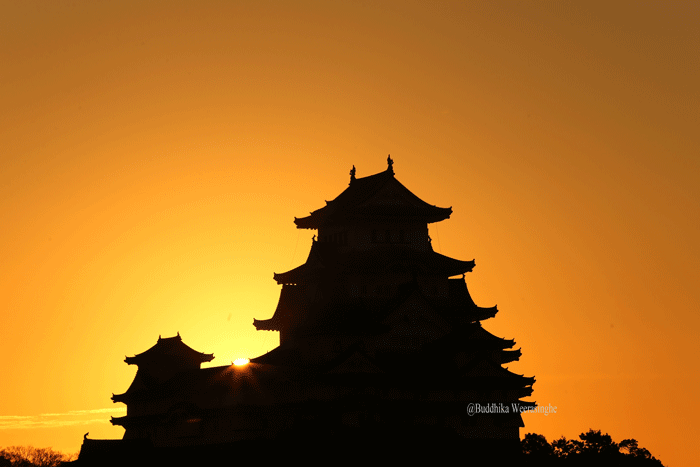
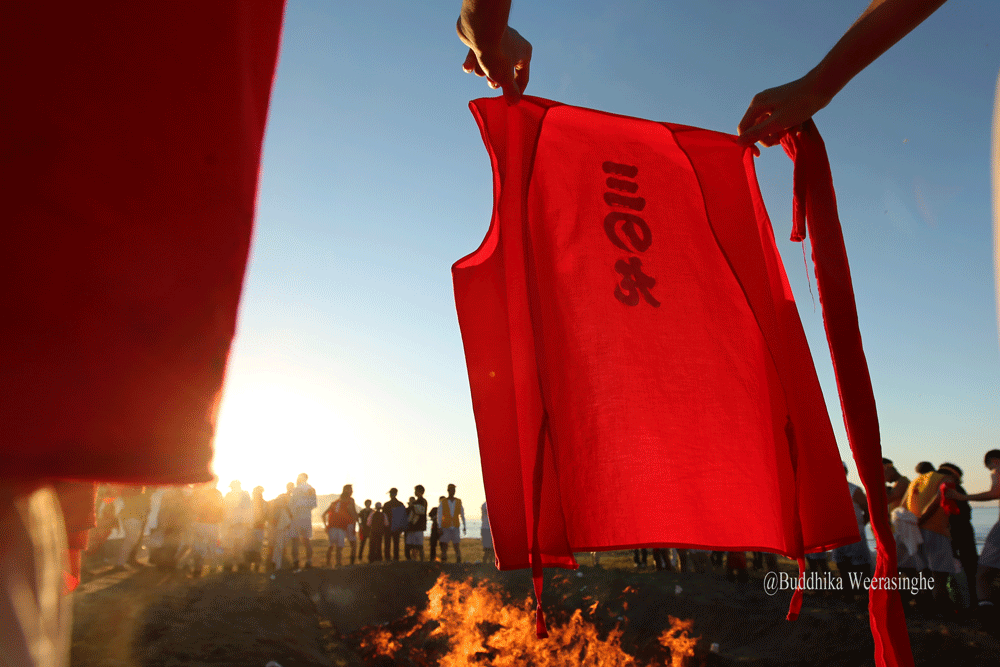
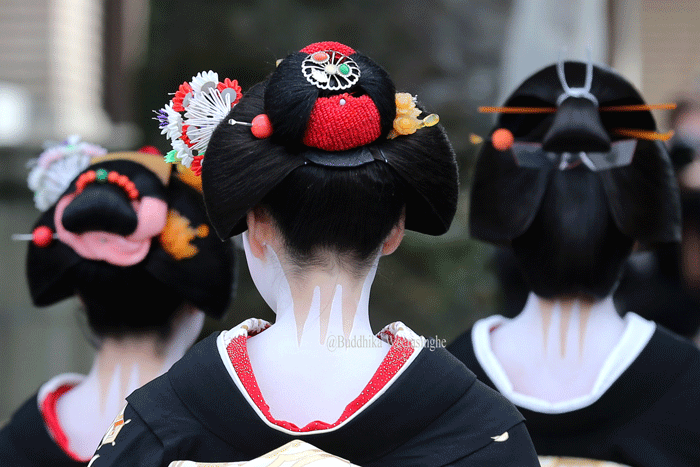

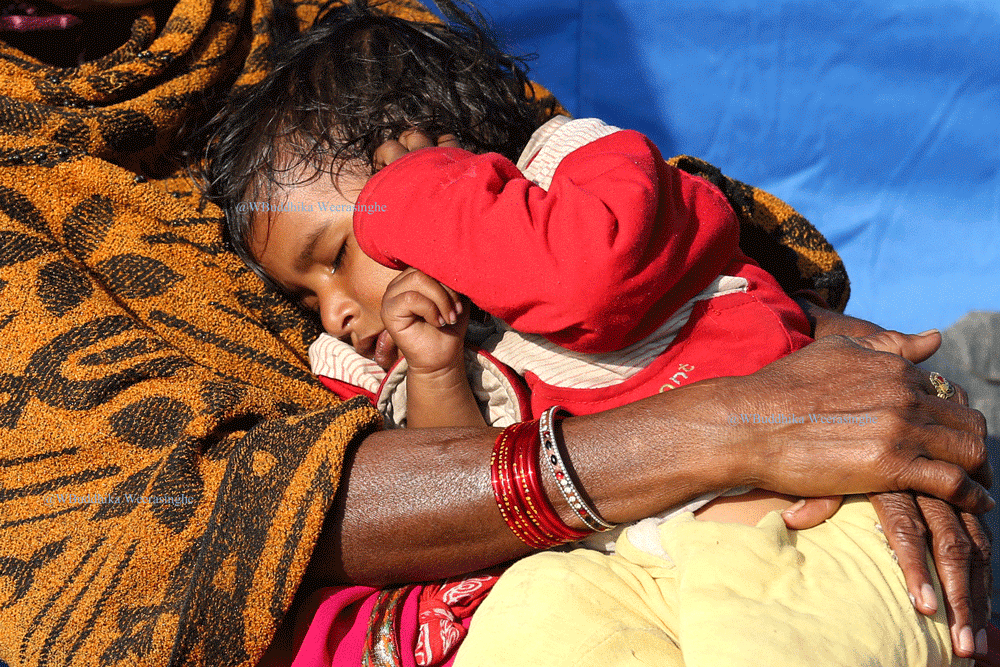
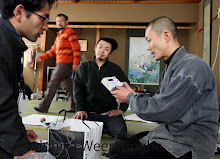
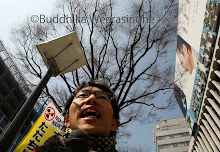
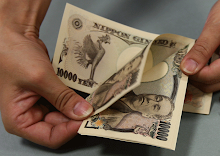












No comments:
Post a Comment